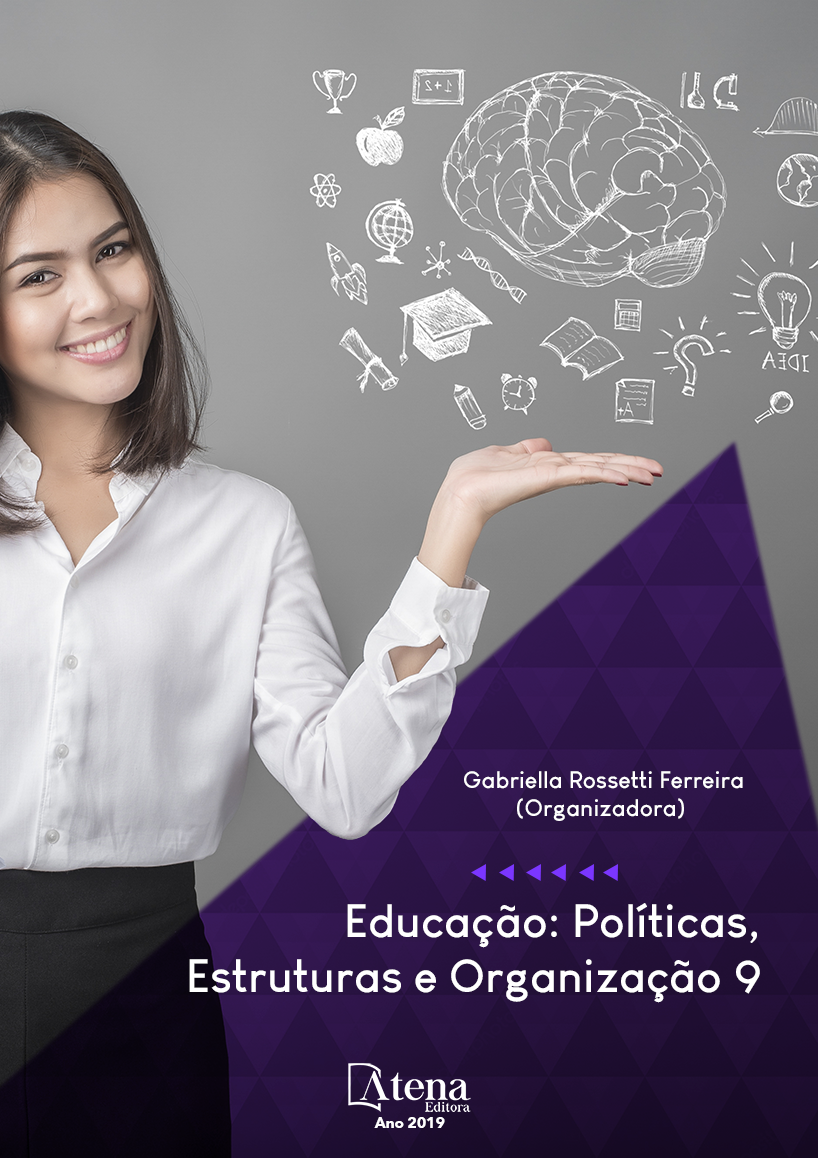
O CONTO DE FADAS NO DESENVOLVIMENTO DA ORALIDADE EM ALUNOS DO ENSINO ESPECIAL
Este artigo teve como objetivo analisar o processo ensino-aprendizagem por meio do eixo da oralidade utilizando-se da contação de estórias infantis para alunos com necessidades especiais, Transtorno Global do Desenvolvimento (TGD). A pesquisa foi feita com alunos de nove e treze anos em uma escola pública do DF utilizando como exemplo a História de Chapeuzinho Vermelho. A metodologia utilizada foi uma pesquisa-ação. O ser humano é multifacetado, traz em sua composição dificuldades e facilidades para aprender. Ao professor fica a responsabilidade de construir um olhar que o possibilite enxergar seu aluno como um todo e que tendo a habilidade de lançar esse olhar, busque caminhos e estratégias diversas para adentrar ao universo do educando. Por meio da divulgação de ideias como as de Freire e Vygotsky, como da mediação e da internalização, vem-se configurando uma visão essencialmente social para o processo de aprendizagem. Numa perspectiva históricocultural, o enfoque está nas relações sociais. É por meio da interação com outros que a criança incorpora os instrumentos culturais. A percepção da oralidade e da escrita enquanto práticas sociais da linguagem revelam a educação na língua materna como competência comunicativa do aluno para atuação em diferentes contextos. Observou-se que as atividades orientadas à oralidade são positivas para potenciar linguística e socioculturalmente a todos os envolvidos no processo ensino-aprendizagem, assim como na elaboração de estratégias linguísticas a partir de situações, temporalidades, ambientes de convívios e personagens que compõem a sua leitura, o seu “estar” no mundo.
O CONTO DE FADAS NO DESENVOLVIMENTO DA ORALIDADE EM ALUNOS DO ENSINO ESPECIAL
-
DOI: 10.22533/at.ed.1011903047
-
Palavras-chave: Contação de Estórias; Aprendizagem; Oralidade.
-
Keywords: Storytelling; Education; Oral tradition.
-
Abstract:
This article main objective was to analyze the teach-learning process thru its orality axis using storytelling in pupils with special necessities, bewildered by Pervasive Developmental Disorder (PDD). The research has been done with pupils with age between nine and thirteen years old in a public school of Brasília, DF, using as example the Little Red Riding Hood fairytale and used a research-action methodology. The human being is multifaceted, internalizing difficulties and easiness to learn. To the schoolteacher falls the responsibility to construct an educational vision that allows him to perceive its pupil as a whole using diverse strategies to enter the educational universe. Spreading concepts of Freire and Vygotsky, as a mean for mediation and the internalization, the teacher can configure an essentially social vision for the learning process. In cultural a historical perspective, his approach is in social relations because it is thru interaction with others that the child incorporates the society cultural instruments. The perception of orality and writing while social practices of the language disclose the education in the native language as a communicative competence of the pupil for performance in different contexts. It was observed that the activities guided to the orality are positive socioculturally to harness linguistic skills to all involved in the teach-learning process, as well as in the elaboration of linguistic strategies from situations, temporalities, social spaces and characters who compose its reading, its “to be” in the world.
-
Número de páginas: 15
- Marta Brügger
- keila Núbia Barbosa Ibrahim Abdelkarem


